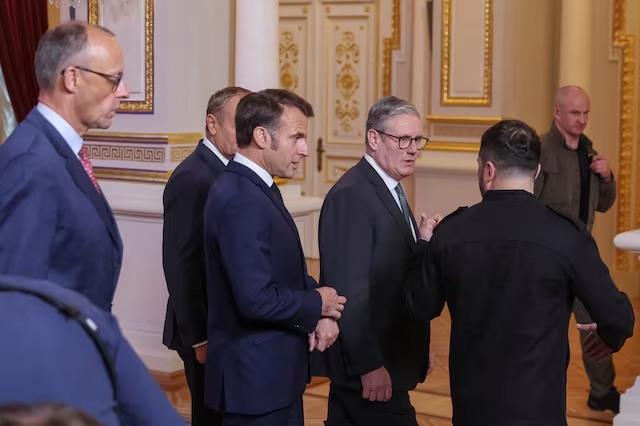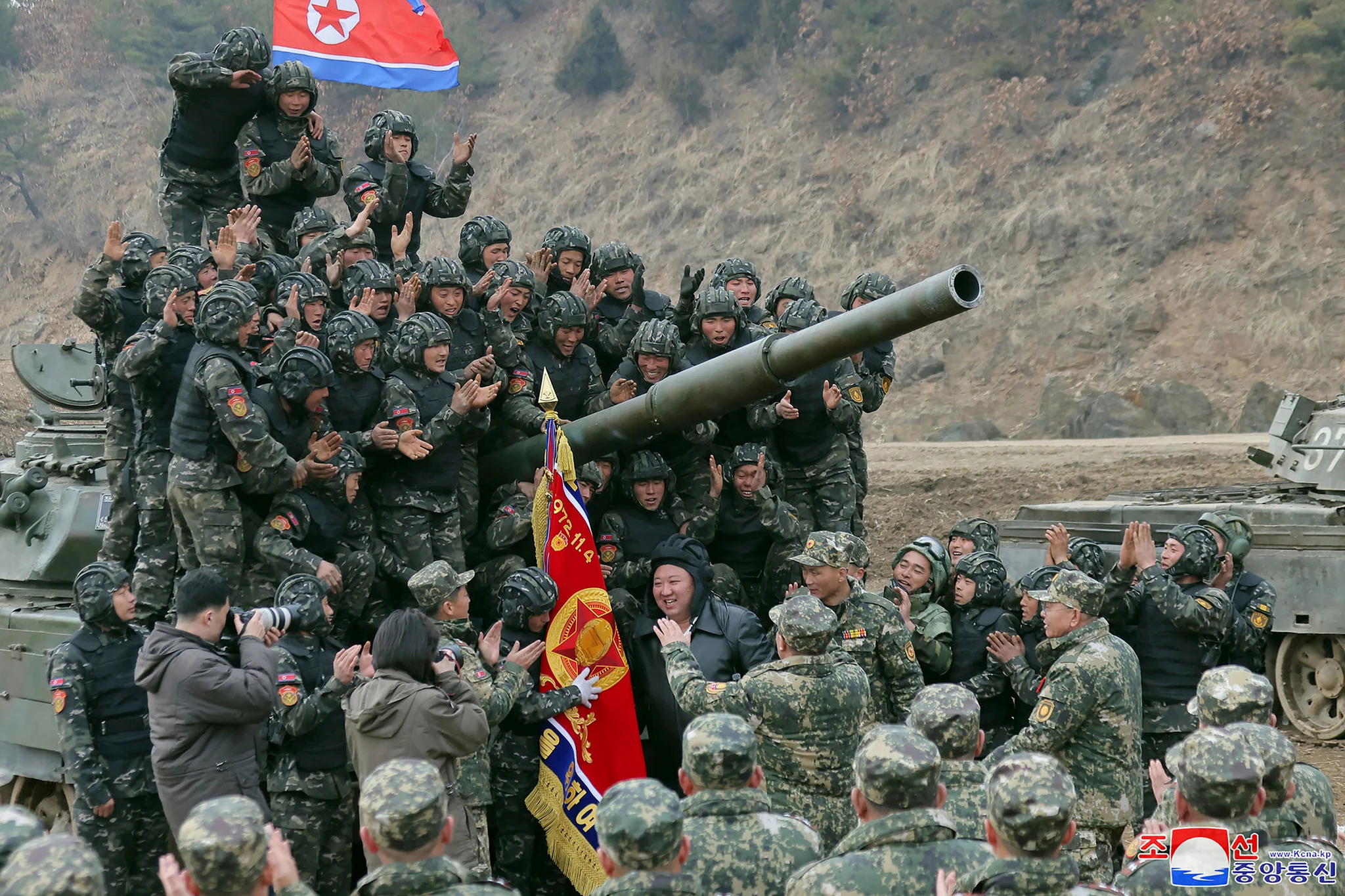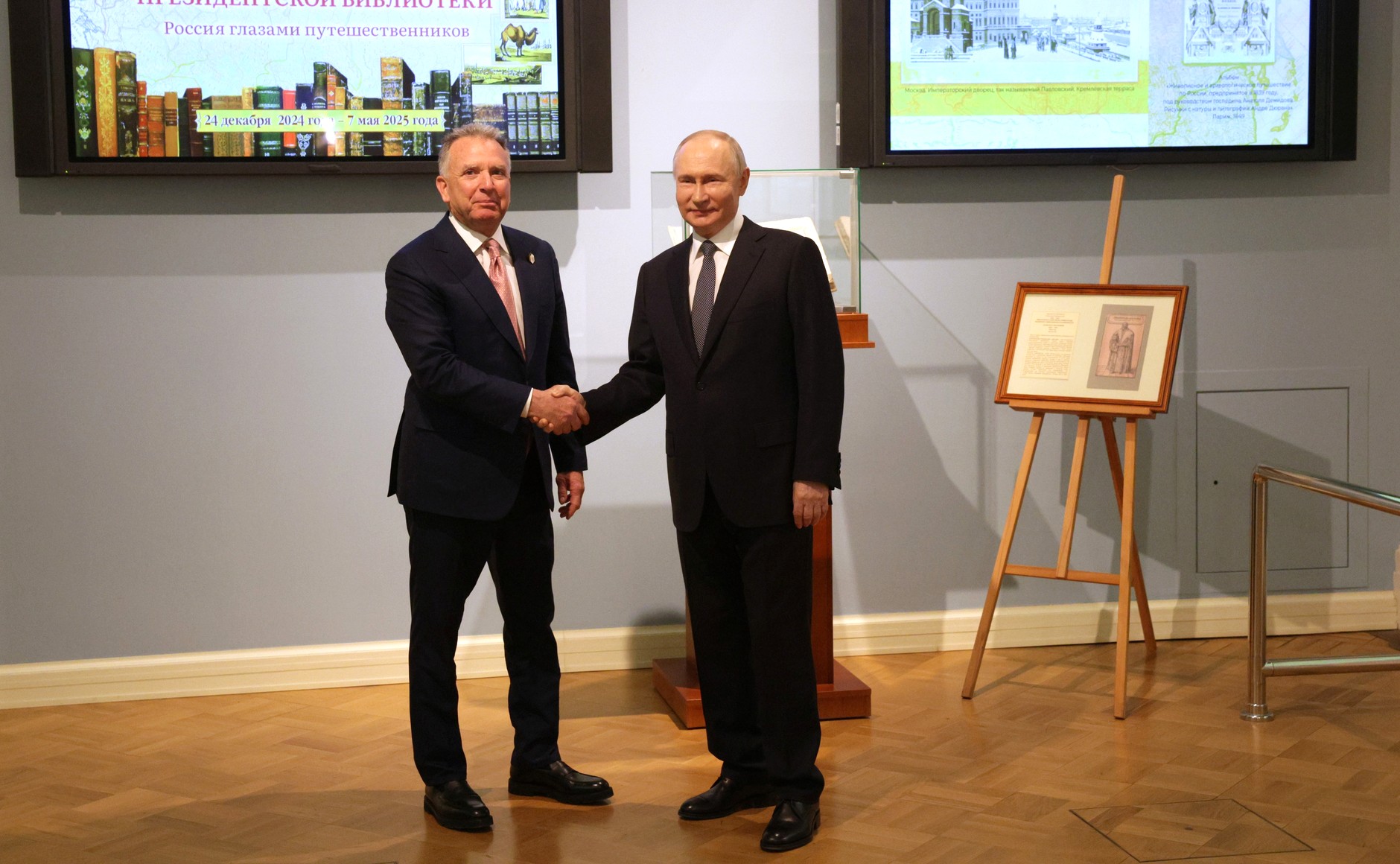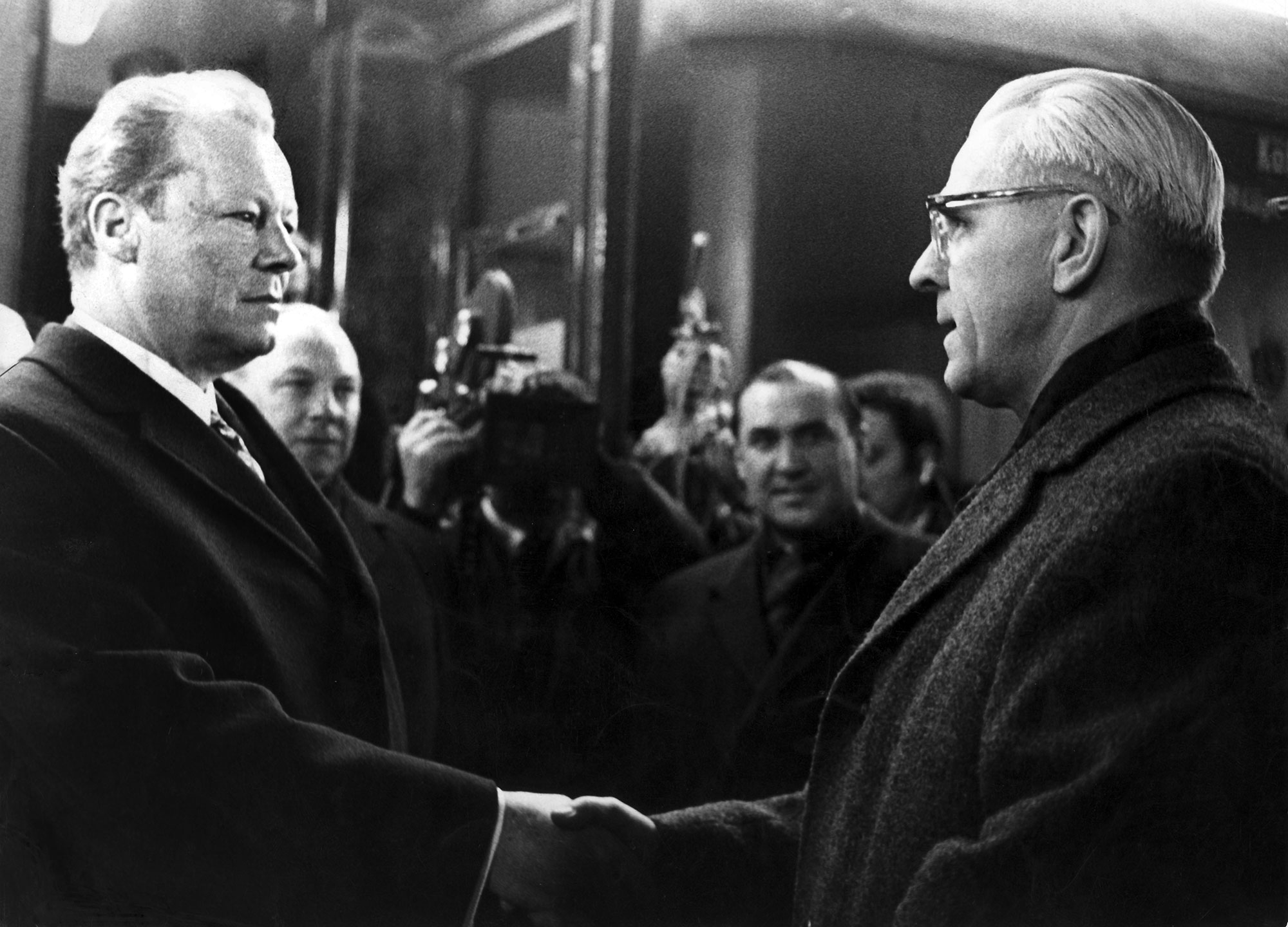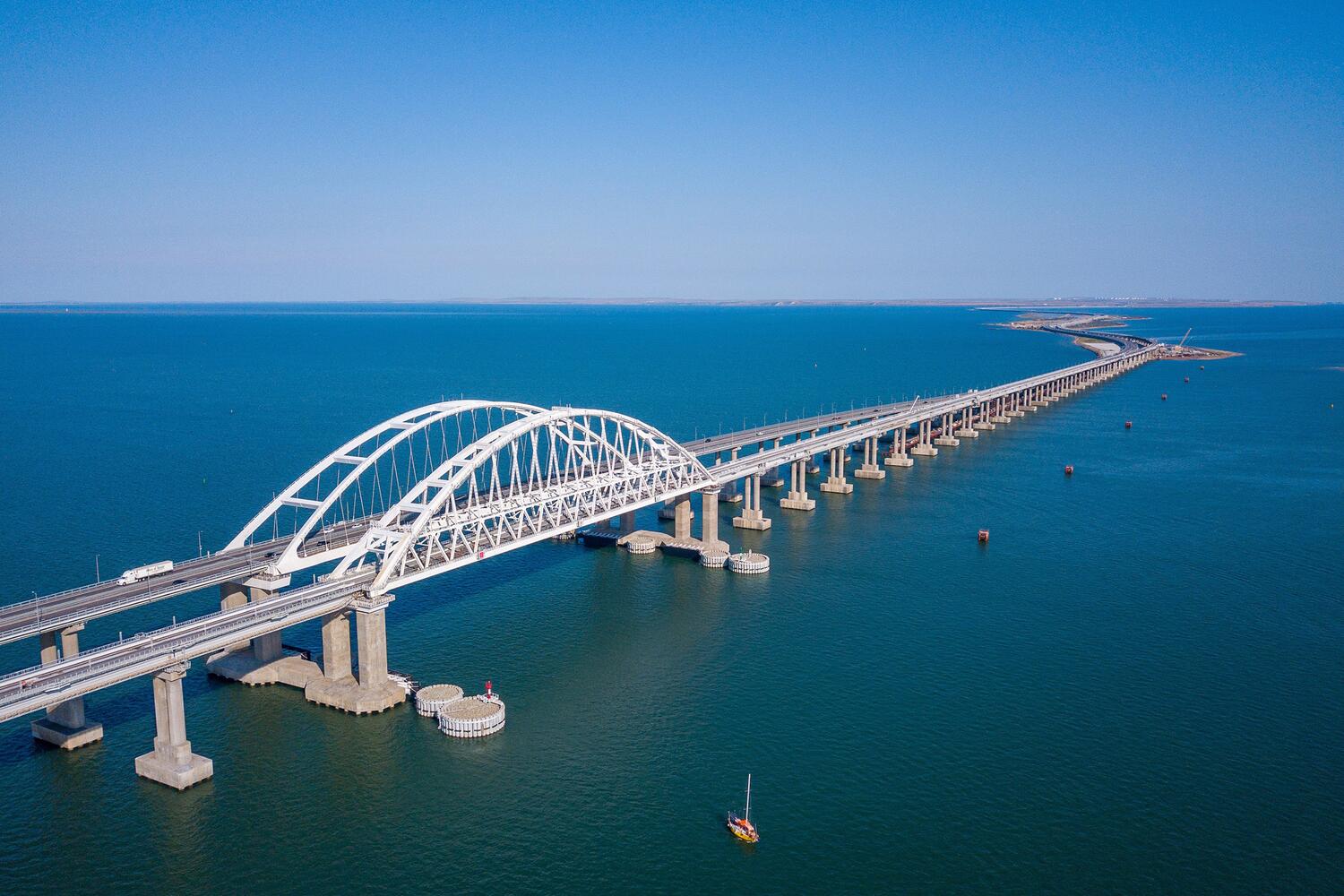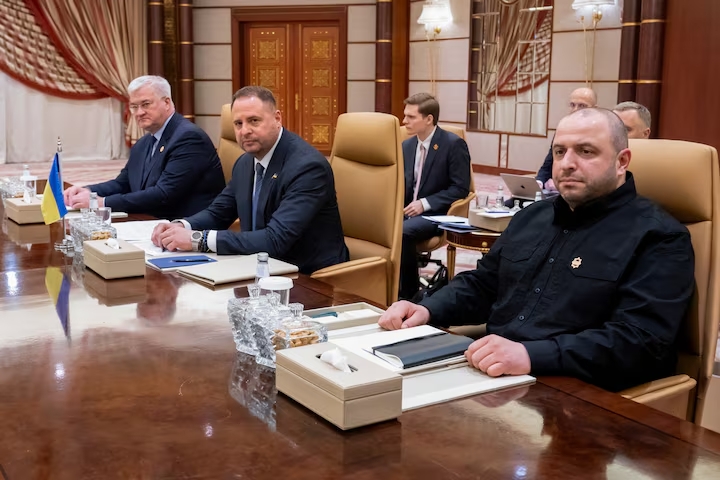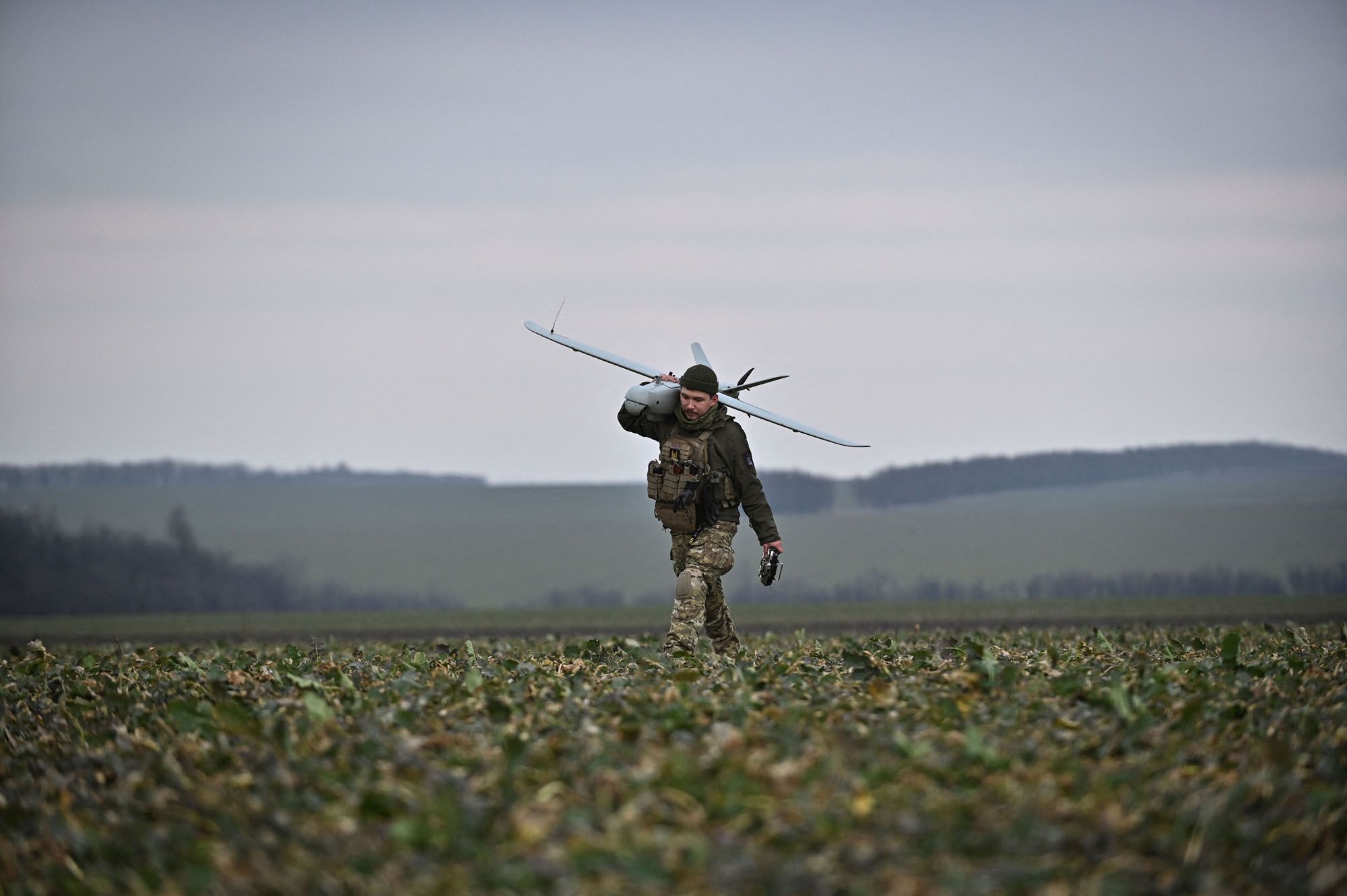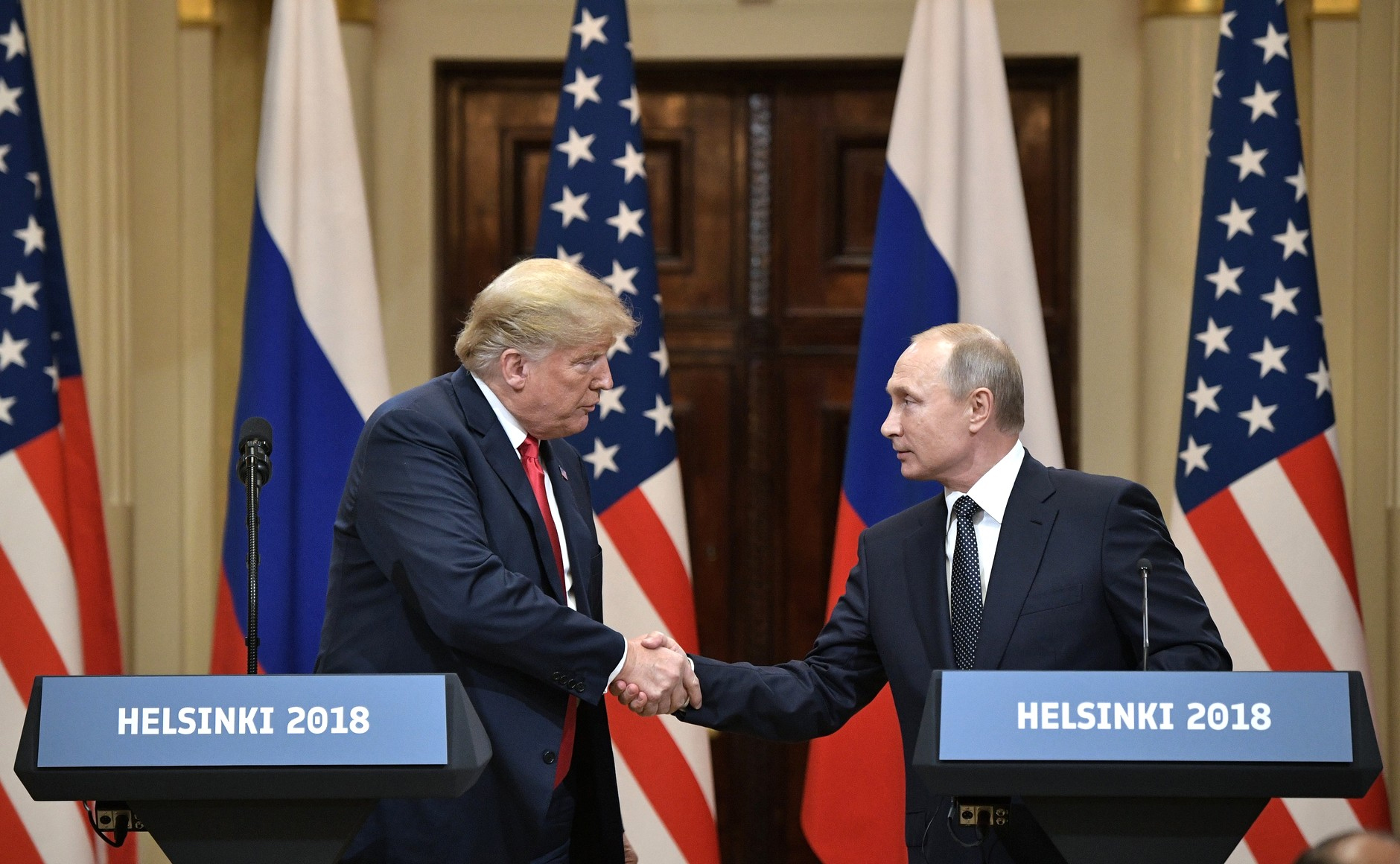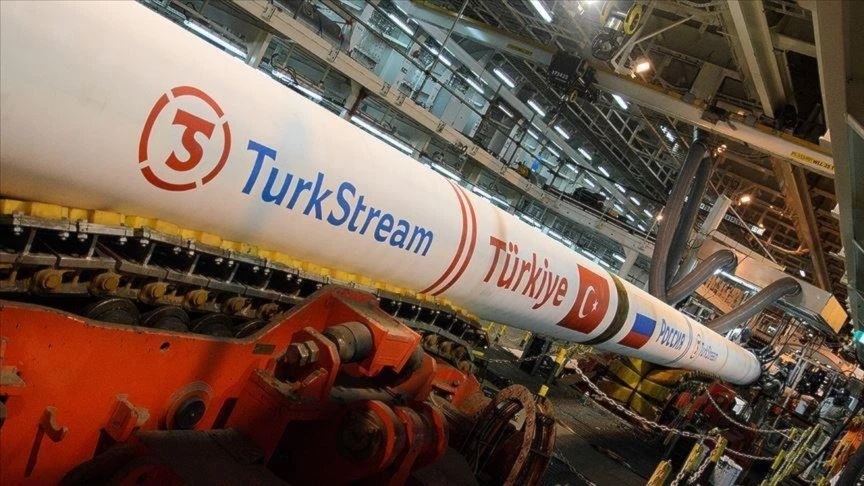Russia in the perspective: geostrategy and sovereignty
- Russia has always been about to be a tsarist, a Soviet or a putinist. It is nothing new, it is the fate of the imperialist forces of the second division. The primary powers want to devour the secondary powers or at least manage them at their own will. That is why, as soon as Russia has deployed its alliances and demonstrated a minimal capacity to defend its interests against the power of Western countries at the international level, it has become stronger than usual against it with the most aggressive communication policy.

Perhaps that is why, despite having been writing for years against Putin and the political power he represents, I have lately been increasingly sympathetic towards Russia. By this I do not mean that I support Putin and the Russian State, no, especially if we are talking about internal policy. In foreign policy, there is something similar to the feeling that I was developing in those children's movies between cowboys and Indians; in the films at the time the evil ones used to be Indians and, therefore, I was on their side. Now I am not going to be part of Putin and his supporters, who have committed massacres such as that in Chechnya and have applied neoliberal policies to the citizens. This does not mean that the small Russian renaissance did not have a mediocre benefit in the geostrategic game at the international level.
The balance of power is a matter, if there is a balance of power between powers, the activities of the strongest will be limited. Logic is easy to understand. If the strength of a State cannot be met, it will be able to make massive use of it so that things are as that State wants. If so, we could formulate the following hypothesis:
More and more balance of power between competing powers, more limited will be the activity (violence) of the powers to be able to do whatever they want outside their borders.
To understand the formulation of the hypothesis two explanations: a) it is impossible to objectify the balance of power in an absolute way, therefore, more important than to objectify it is that there is this balance of power as subjective perception, the important thing is not whether there is a balance of power or not, but rather that the perception of the actors is that there is a balance of power. (b) If there is no subjective perception, although there is an approximate balance of power, competition between powers (and perhaps) may be an explicit war. The explicit thing is important, as the implicit competition is always on the table, often even between allies (see otherwise how the United States. United States has spied on its allies).
The logical consequence of this hypothesis is that the policy of containment (consensus) prevails among the major international powers and, consequently, that they respect more the sovereignty of the peoples and nations of the world by reducing foreign interventions. A perfect balance would be achieved if all the States of the world had the same power, but this is clearly nothing more than a utopia, so we will approach perfectly when a total balance is achieved between the two powers of the world (three, four...), while as the situation moves away from the whole balance the likelihood of an increase in the aggressive activity of the Powers increases.
Someone will think that the political game is very dirty and there will be no lack of reason, but if we talk about politics we are talking about power relations, and if they are developed at international level they will demonstrate more cruelty, because the international law governing relations between political actors is very weak. If not, let us remember that NATO attacked Yugoslavia against the UN Security Council and that the United States and its international alliance attacked and occupied Iraq.
In general, international agreements have credibility and application depending on the correlations of force between powers. If they are well regulated and regulated, a State will have more difficulties in failing to comply with them, but if the correlations of force are very unbalanced, strengthening an actor in front of the others, it will be able to throw away the agreements and international law.
In the 1980s, since the Union of Soviet Socialist Republics (USSR) entered into crisis, imbalances in power relations between the powers increased considerably in favour of the United States, especially after the disappearance of the USSR in the 1990s. But fortunately, the era of almost absolute American hegemony has ended in the 21st century. We are on the road to a transition from a monopole to a multipolar world. China, Brazil, India, South Africa and Russia have shown themselves to be new economic, political and international relations powers. The best reflection of this is the decline of the G7 (or G8) and the birth and new prominence of the G20.
More and more countries in the world are increasing their degree of sovereignty, including China and Russia. Both have a permanent seat and a right of veto in the UN Security Council. Therefore, as these two powers achieve a greater degree of independence from the West, they will gradually be able to make more counterweights to the Empire (see the work of Josep Fontana: On-balio. A history of the world since 1945). If this multipolar transition scenario did not exist, it would be more difficult to explain the proliferation of governments defending national interests and their relative sustainability. The clearest example we have in Latin America, with leftist governments defending national interests.
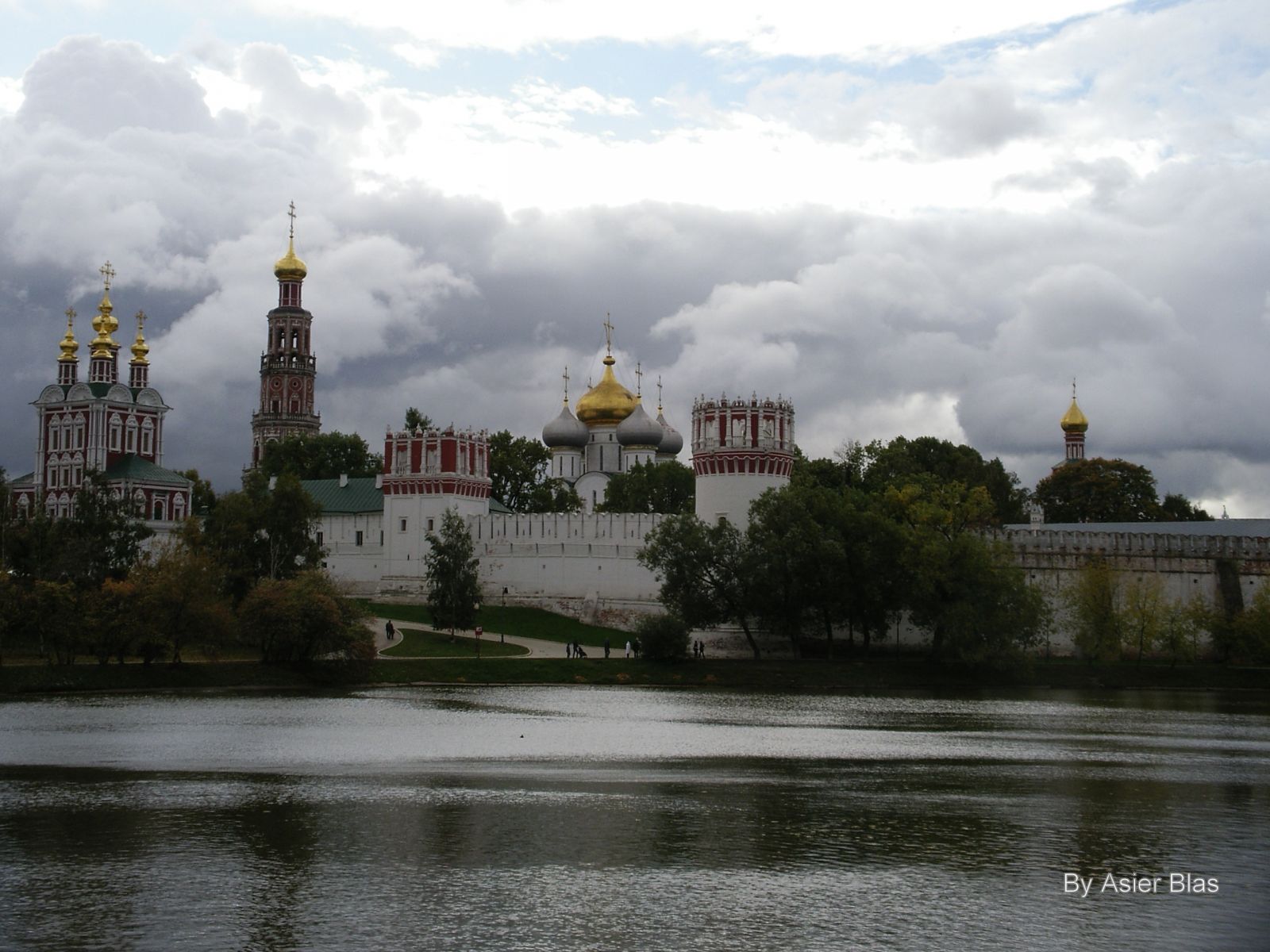
The anti-imperialist logic is easy to understand. If the Empire (US and the West) wants to intervene in the direction of a government of state, the enemies/enemies of the Empire can be allies of the threatened state government. In fact, if a country’s government is isolated without alliances, it has only two options: to buy or prepare a nuclear bomb for its end (it can be in different ways: with a colorful coup d’état, also called revolutions; with a military coup; or through a war or an invasion). That is why the leftist governments of Russia, China, Iran and Latin America, among others, are strategic allies. What for? From external interventions to protect their sovereignty.
In any case, at international level we are still a long way from a situation of balance between powers. The United States and its Western allies are very strong compared to other powers, both politico-military and financial. The economic sector has the most competences, but the relative decline they are suffering here has been able to compensate them through their cultural hegemony. The word culture should be understood broadly, from entertainment for leisure (films, television products, etc.). from democracy to the interpretation of the definition and application of human rights. The key to this success is the direct control of the Anglo-Saxon world’s media at an international level (news agencies, televisions, radios, newspapers and digital publications), through which they carry out indirect control of the media that they do not directly control by imposing a concrete media agenda.
In today’s media world, it is more important than ever to control the media agenda and disseminate information manipulations. In fact, major media outlets have been able to expand their influence thanks to the development of old and new technologies, becoming mass weapons of distribution and manipulation. The first time I saw it raw was in 2008. At the time of the Olympic Games, the state of Georgia began a broad and terrible military operation against South Ossetia. Then came Russia’s response, very much measured by international standards. In this sense, thanks to the communicative preponderance of the Anglo-Saxon powers, dozens of manipulations and contaminated information were massively generalized in the world.
From the moment the war broke out, I was in Georgia. I followed up on what happened and shared the moments with several international journalists. I will not easily forget what I learned when it comes to media manipulation. Perhaps that is why I am concerned about the media attack on Russia over the last few years, not so much about what is happening, which is somehow natural in the struggle between powers, but about the permeability that messages and manipulations have, and also among those who supposedly have a critical view.
More and more studies indicate that Neanderthals had more advanced cognitive abilities than previously thought. The latter, published in the Journal of Archeological Science, refers to the spearhead of bone found in the Mezmaiskaya cave in Russia in 2003.
Using microscopy,... [+]
Ukrainaren ondoren Polonia?
Europar Batasunak Ukrainako gerra hauspotu du Kiev armaz hornituta, eta menia oraindik airean delarik, gerraren zikloan murgilduta dago bete-betean. Hori bai, bere diskurtsoa modulatzen ari da, eta gero eta gehiago hitz egiten du balizko su-etenaz... [+]
Etxe Zuriak bi komunikatu igorri ditu, Itsaso Beltzeko su-etena eta energia azpiegituren aurkako bi aldeen erasoen amaiera hitzemateko.
Hitlerren armadak milioika sobietarren heriotza ekarri zuen Bigarren Mundu Gerran Sobiet Batasuna inbaditu zuenean. Gerra amaituta, Iosif Stalinen obsesioa zen Alemania eta Errusia artean babes herrialde-lerro bat osatzea; horra, besteak beste, Varsoviako Itunaren sorrera... [+]
Telefono bidez eginiko bileran, bi agintariek adostu dute Moskuk ez diola erasorik egingo Ukrainako azpiegitura energetikoari hurrengo 30 egunetan. Ukrainak eta Errusiak 175na preso askatu beharko dituztela iragarri dute, baina ez noiz.
Saudi Arabian elkartu dira AEBetako eta Ukrainako ordezkariak, eta zortzi ordu iraun duten negoziazioek fruitua eman dute. Etxe Zuriak Ukrainarentzako laguntza militarra berrabiaraztea erabaki du.
Ukraina da munduan arma gehien erosten dituen herrialdea; munduko erosketa guztien %8,8. Merkatuaren ia erdia kontrolatzen duena, berriz, AEB dira: Europak erosi dituen armen erdia baino gehiagok jatorri estatubatuarra dute.









